Leadership
Leadership books teach strategies, mindsets, and skills for inspiring and guiding others.
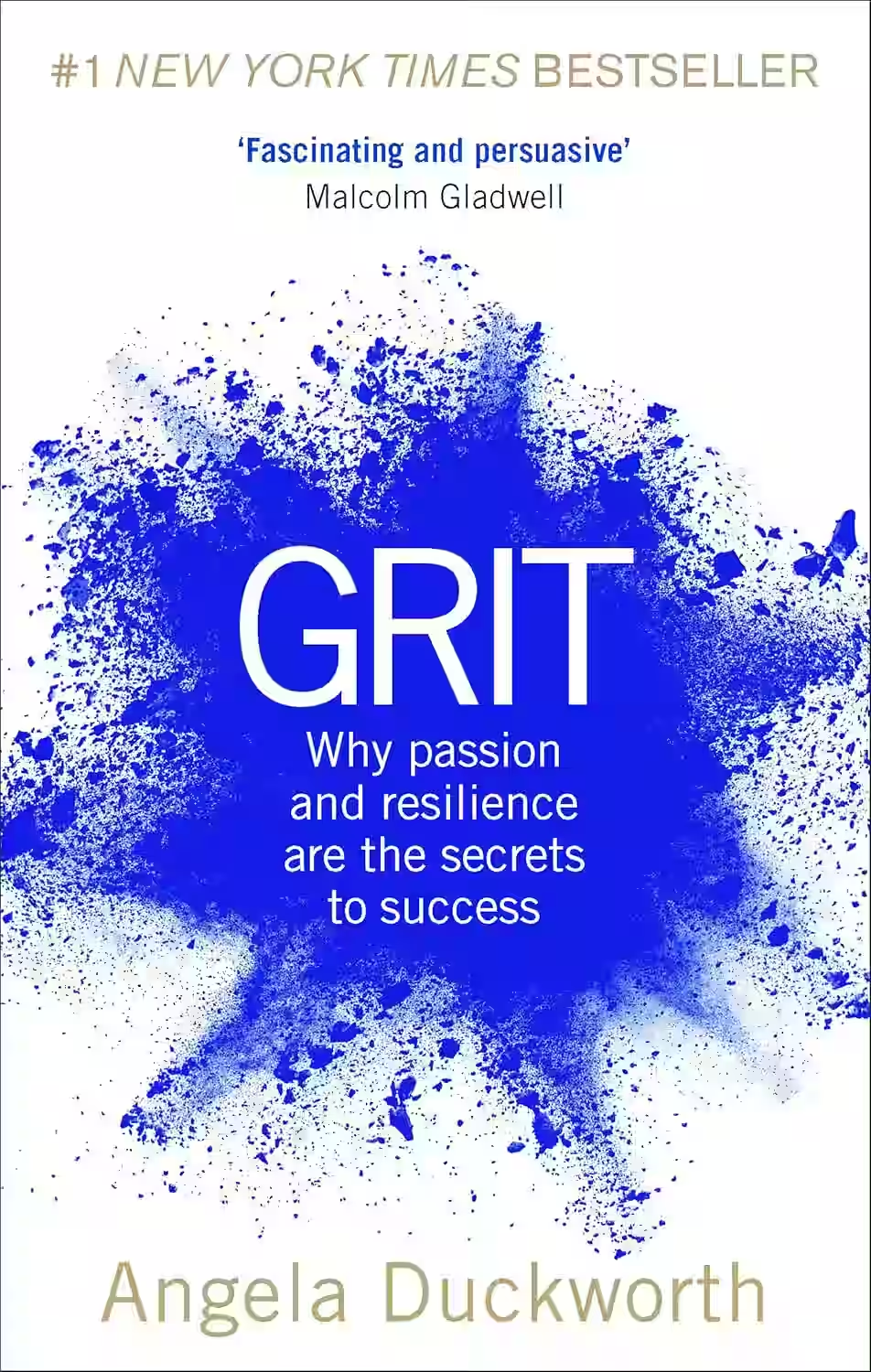
Grit
In Grit, psychologist Angela Duckworth explores why talent alone doesn’t predict success—grit does. Based on her research, Duckworth argues that sustained passion and persistent effort matter more than innate ability. She shares stories of high achievers from diverse fields, showing how resilience, long-term focus, and consistent hard work lead to exceptional outcomes. The book combines personal anecdotes, scientific studies, and practical strategies to help readers develop grit in their own lives. Duckworth’s insights challenge the myth of overnight success and inspire readers to pursue their goals with tenacity, regardless of obstacles or setbacks.
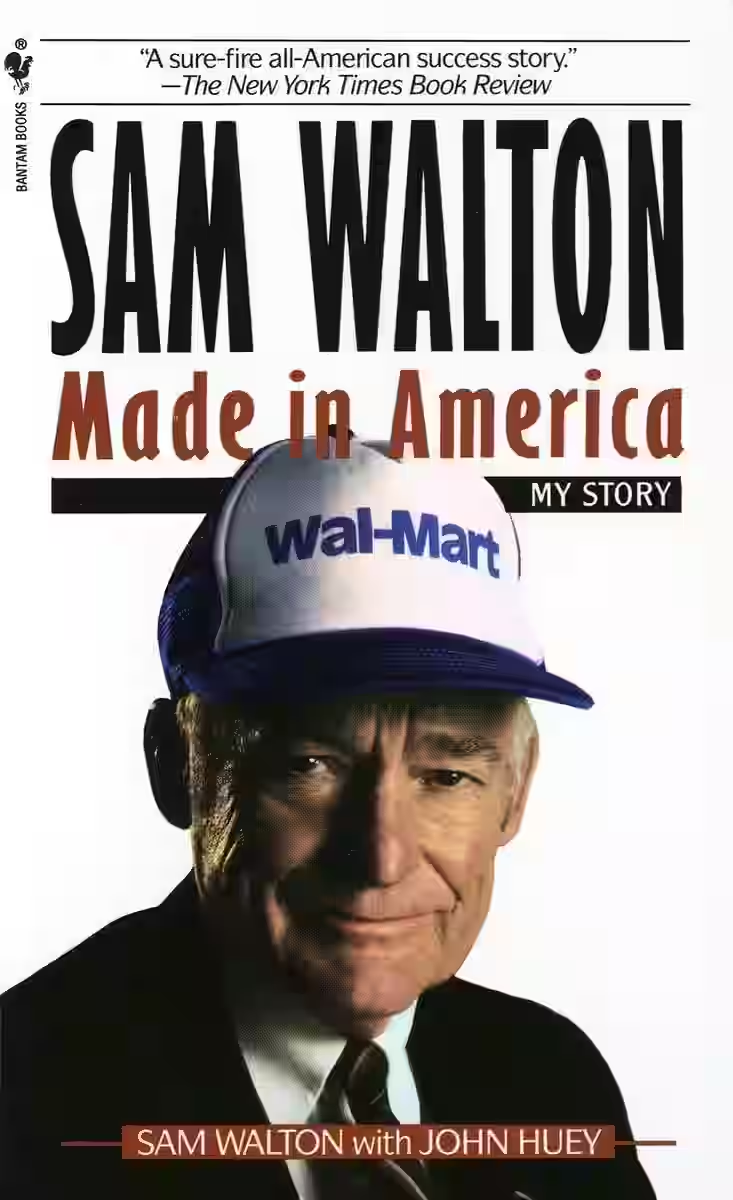
Sam Walton: Made in America
In Made in America, Walmart founder Sam Walton shares the story of building the world’s largest retail empire from a single store in Arkansas. Written in Walton’s own words, the memoir reveals his relentless work ethic, frugality, and obsession with customer satisfaction. He reflects on the principles that drove Walmart’s success, including employee empowerment, aggressive expansion, and constant innovation. Candid and down-to-earth, the book also touches on mistakes and challenges. Beyond a business biography, Made in America is an inspiring account of entrepreneurial vision, small-town values, and the competitive drive that revolutionized American retail.
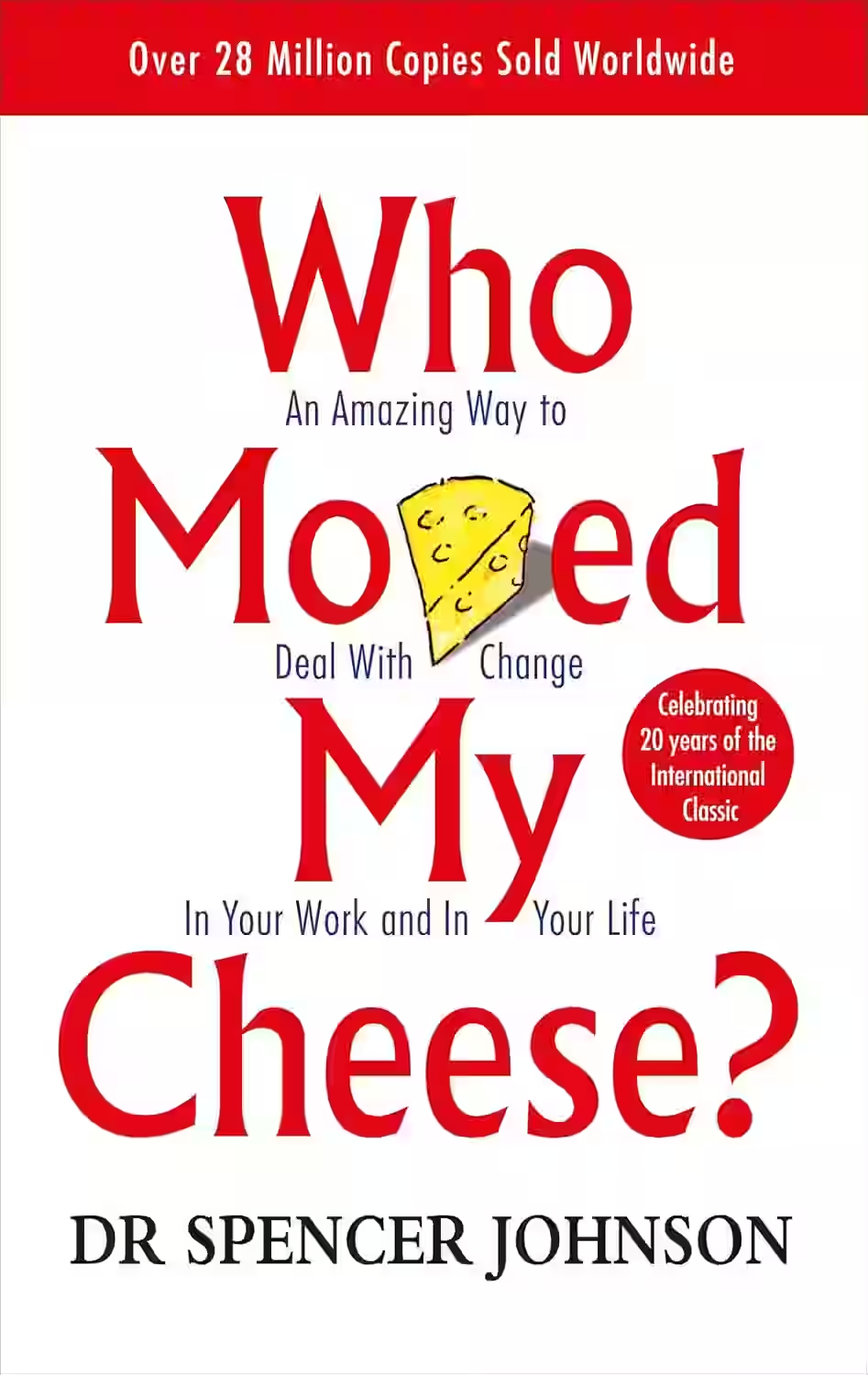
Who Moved My Cheese?
In 'Who Moved My Cheese?' by Spencer Johnson, readers are taken on a thought-provoking journey through a parable that illustrates the inevitability of change and the importance of adapting to it. The story revolves around four characters in a maze, two mice named Sniff and Scurry, and two littlepeople named Hem and Haw, who all search for cheese to represent their desires and happiness. As the cheese keeps moving, each character reacts differently, offering valuable lessons about dealing with change, embracing it, and letting go of fear. Through simple yet powerful storytelling, Johnson imparts wisdom about resilience, flexibility, and the necessity of adjusting one's mindset in the face of life's uncertainties.
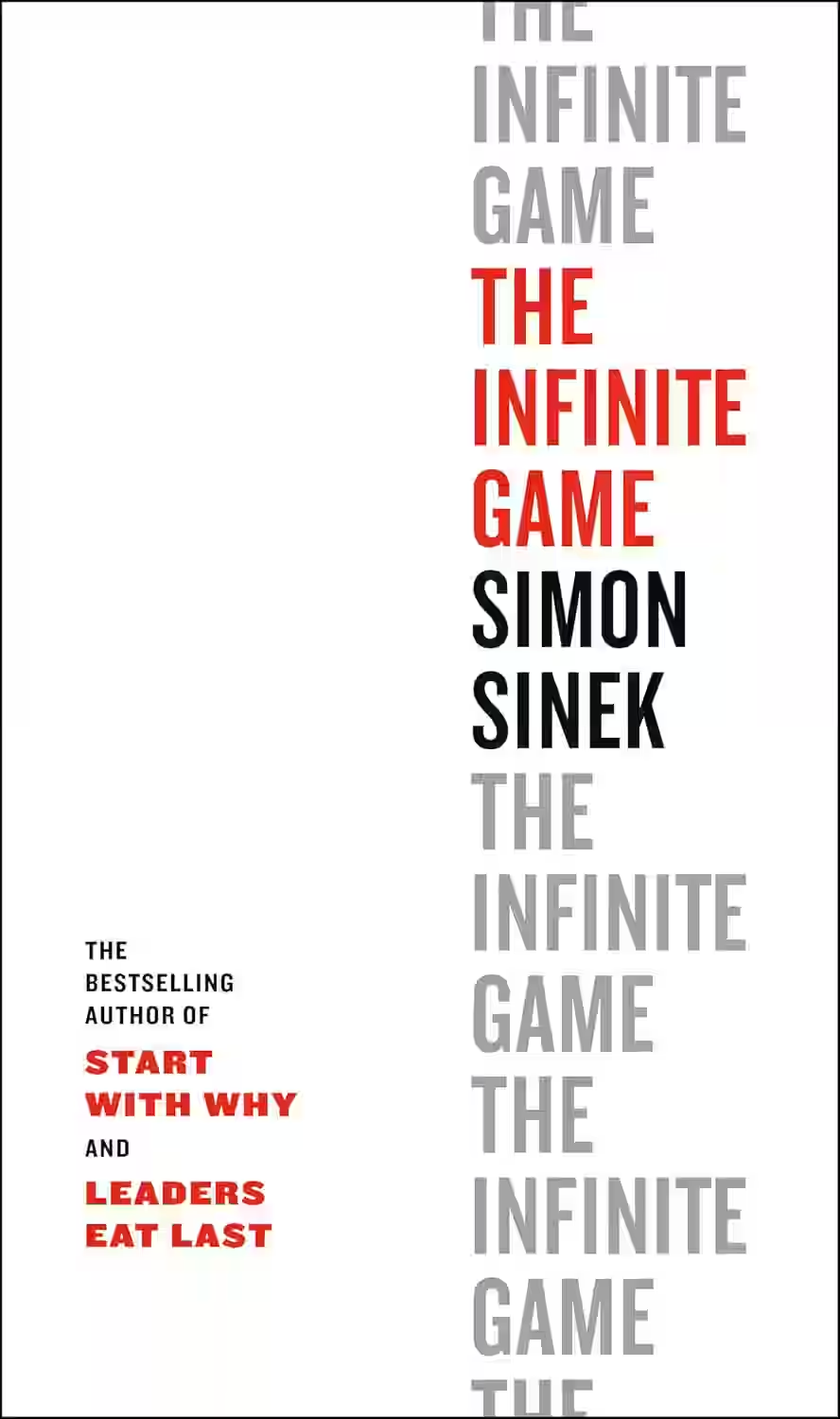
The Infinite Game
by Simon Sinek
In 'The Infinite Game' by Simon Sinek, readers are taken on a transformative journey exploring the concept of viewing life and business as an infinite game rather than a finite one. Sinek argues that in an infinite game, the goal is to outlast and outplay the competition, focusing on long-term sustainability and growth. Drawing from compelling examples, the book delves into leadership principles, organizational culture, and strategic decision-making, urging readers to adopt a more resilient and forward-thinking mindset. Thought-provoking and inspirational, 'The Infinite Game' challenges conventional thinking and offers valuable insights for those looking to thrive in a rapidly changing world.
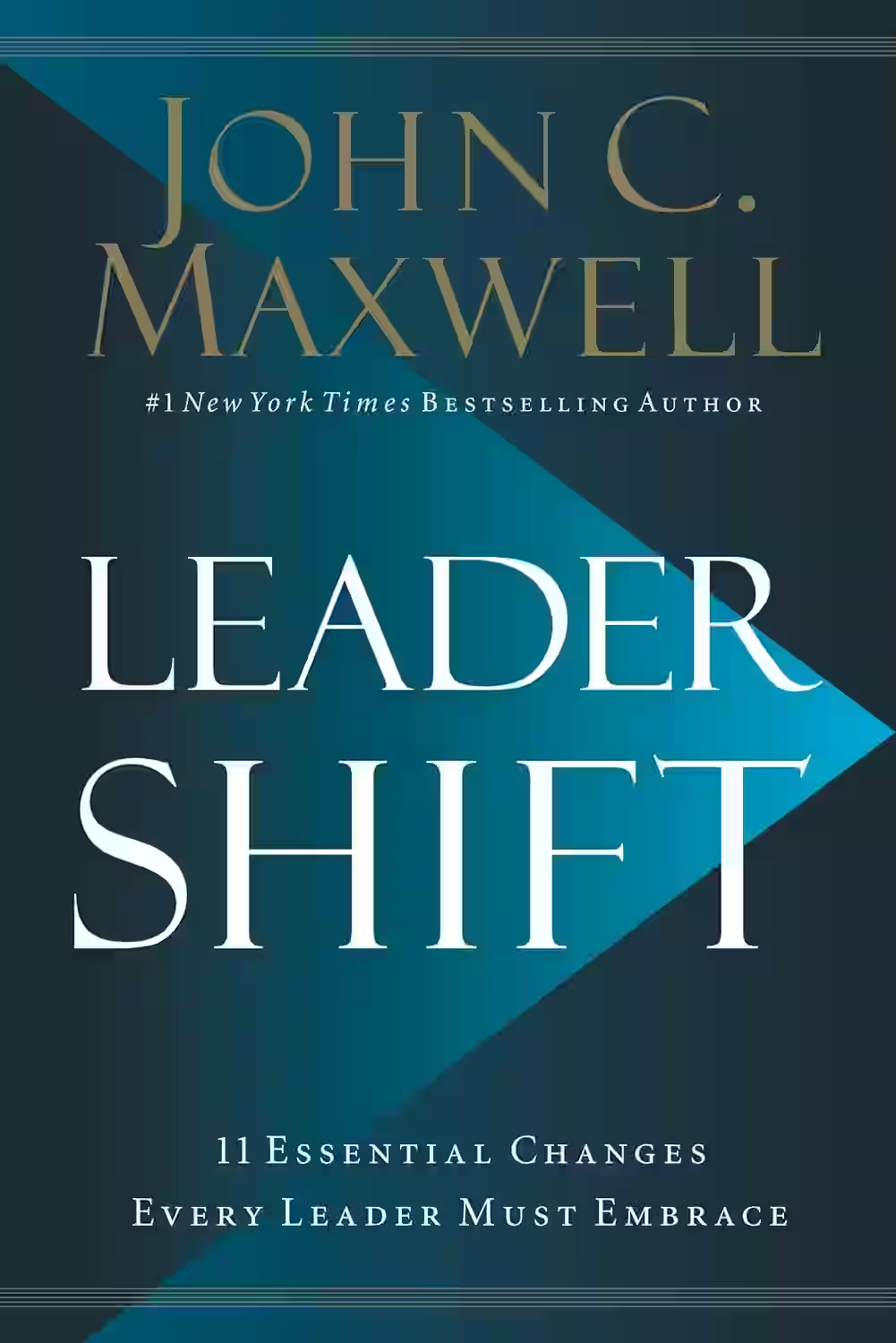
Leadershift: The 11 Essential Changes Every Leader Must Embrace
In 'Leadershift: The 11 Essential Changes Every Leader Must Embrace' by John C. Maxwell, the author delves into the crucial shifts that leaders need to implement in today's dynamic world. Maxwell offers insightful guidance on adapting to changes, developing leadership skills, and fostering growth mindsets. Through real-life examples and practical strategies, he highlights the importance of continuous learning and flexibility in leadership. The book provides a roadmap for leaders to navigate challenges, leverage opportunities, and inspire those around them. With its empowering approach and valuable lessons, 'Leadershift' is a must-read for individuals striving to enhance their leadership effectiveness.
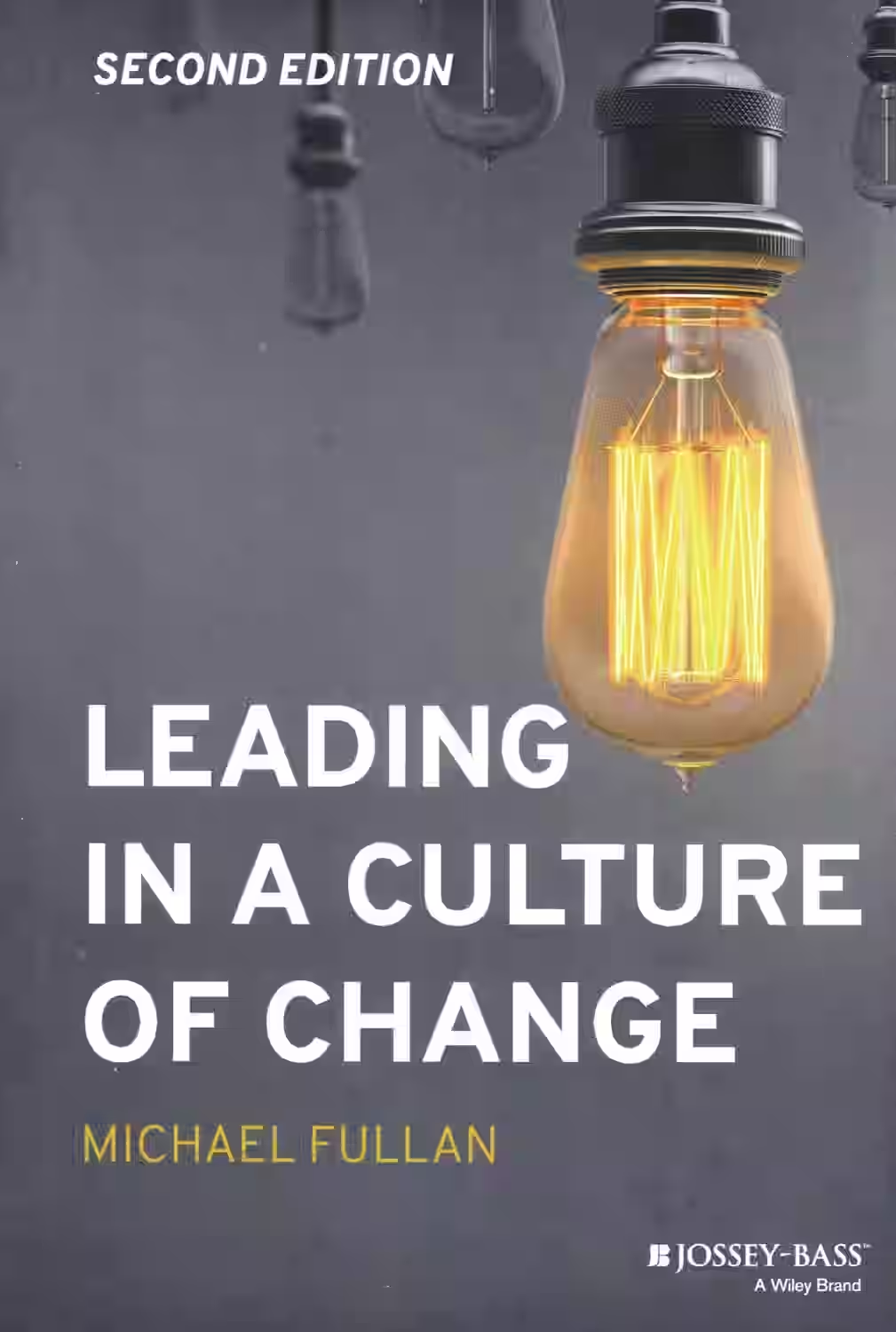
Leading in a Culture of Change
In 'Leading in a Culture of Change' by Michael Fullan, readers are taken on a transformative journey into the world of organizational leadership, particularly within the context of change management. Fullan delves deep into the complexities of leading amidst rapid shifts and advocates for a holistic approach that encompasses collaboration, trust-building, and adaptability. Through engaging narratives, case studies, and practical strategies, Fullan inspires leaders to embrace change as an opportunity for growth rather than a hurdle. This book serves as a guiding light for those navigating the ever-evolving landscape of leadership in the 21st century.

Venture Deals
In 'Venture Deals' by Brad Feld, readers are taken on a comprehensive journey into the intricacies of venture capital deals. Covering topics such as term sheets, negotiations, and the dynamics of funding, the book serves as an invaluable guide for entrepreneurs and investors alike. Feld, a seasoned venture capitalist, provides practical insights and real-world examples that demystify the often complex and opaque world of startup funding. Through clear explanations and strategic advice, the book empowers readers to navigate the deal-making process with confidence. 'Venture Deals' is a must-read for anyone looking to understand the inner workings of venture capital and maximize their chances of success.
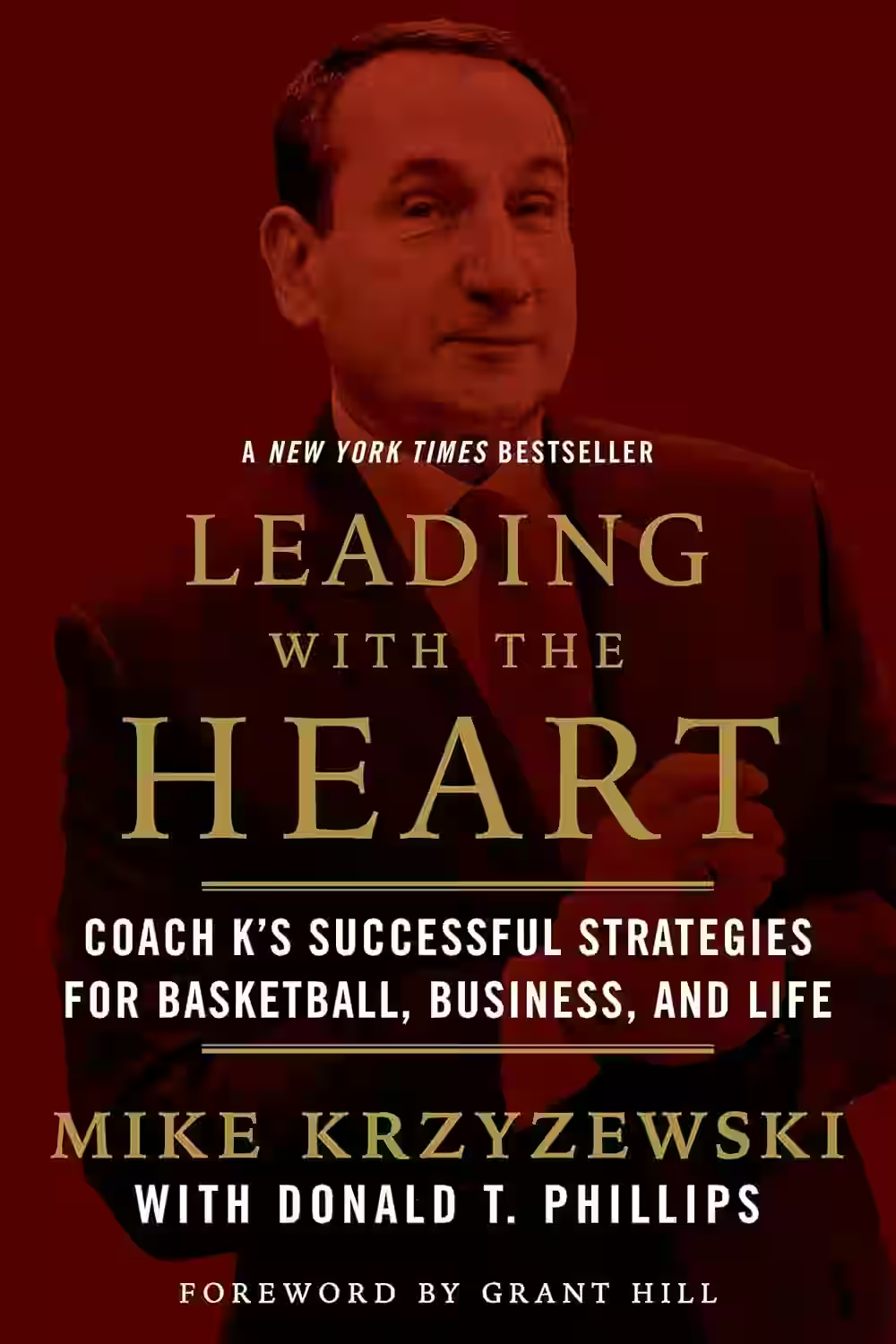
Leading with the Heart: Coach K's Successful Strategies for Basketball, Business, and Life
In 'Leading with the Heart: Coach K's Successful Strategies for Basketball, Business, and Life,' Mike Krzyzewski, the legendary Duke University basketball coach, shares his principles on leadership, teamwork, and success. Through engaging anecdotes from his coaching career, Coach K provides valuable insights applicable not only to the basketball court but also to business and life in general. The book emphasizes the importance of building trust, fostering relationships, and maintaining a winning mindset. Krzyzewski's blend of motivational guidance and practical advice make this book a must-read for anyone seeking to lead with integrity and passion.
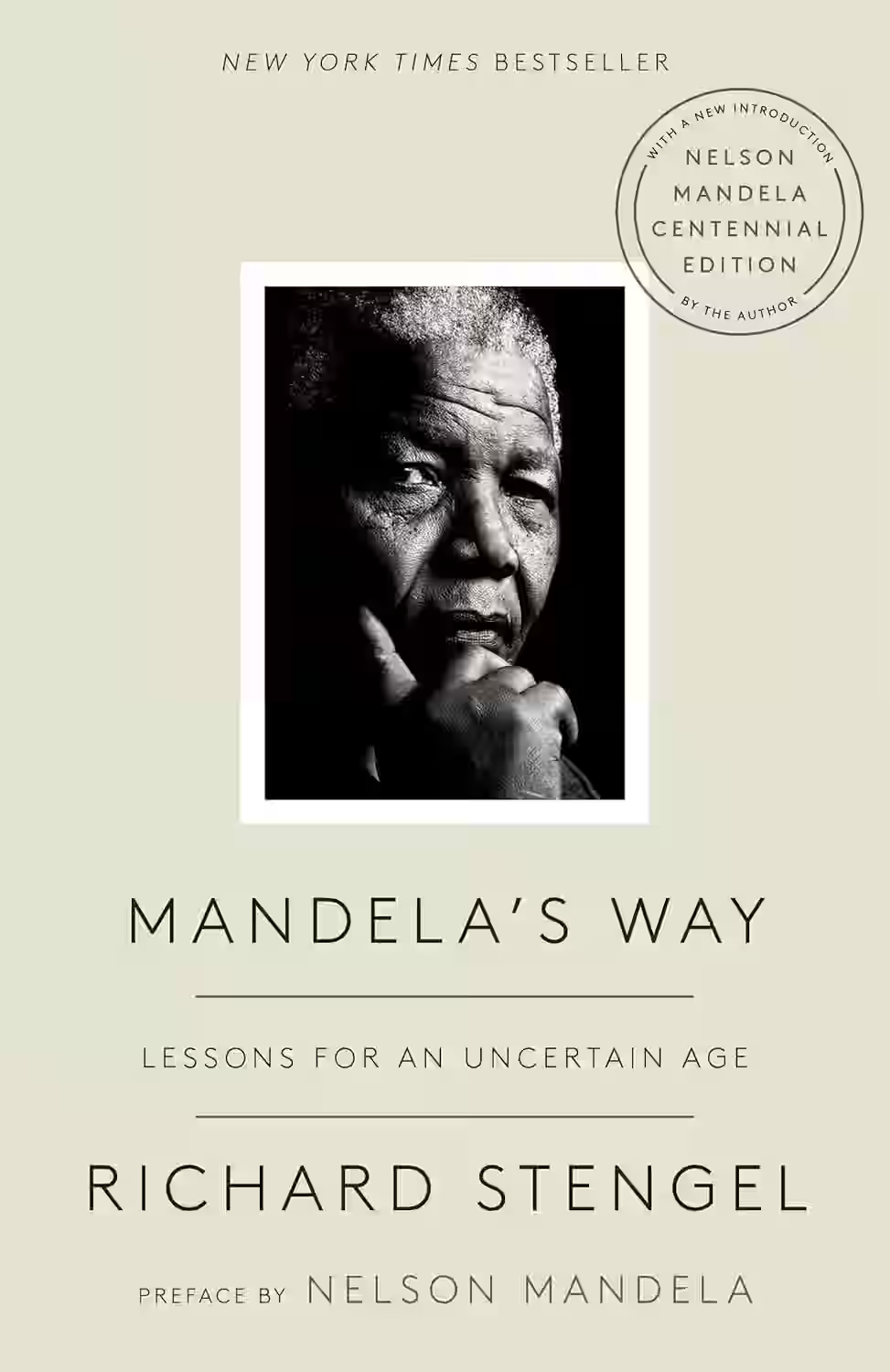
Mandela's Way: Lessons for an Uncertain Age
Written by journalist and Mandela confidant Richard Stengel, Mandela’s Way distills 15 life lessons from Nelson Mandela’s leadership, resilience, and humanity. Through intimate stories and reflections, the book explores how Mandela navigated forgiveness, courage, discipline, and compassion. Stengel reveals Mandela’s thoughtfulness, emotional control, and moral strength in the face of injustice. It’s a guide for living with purpose and dignity, especially in turbulent times. Accessible yet profound, the book offers timeless insights not just on politics or activism, but on how to lead with humility, integrity, and unshakeable conviction.
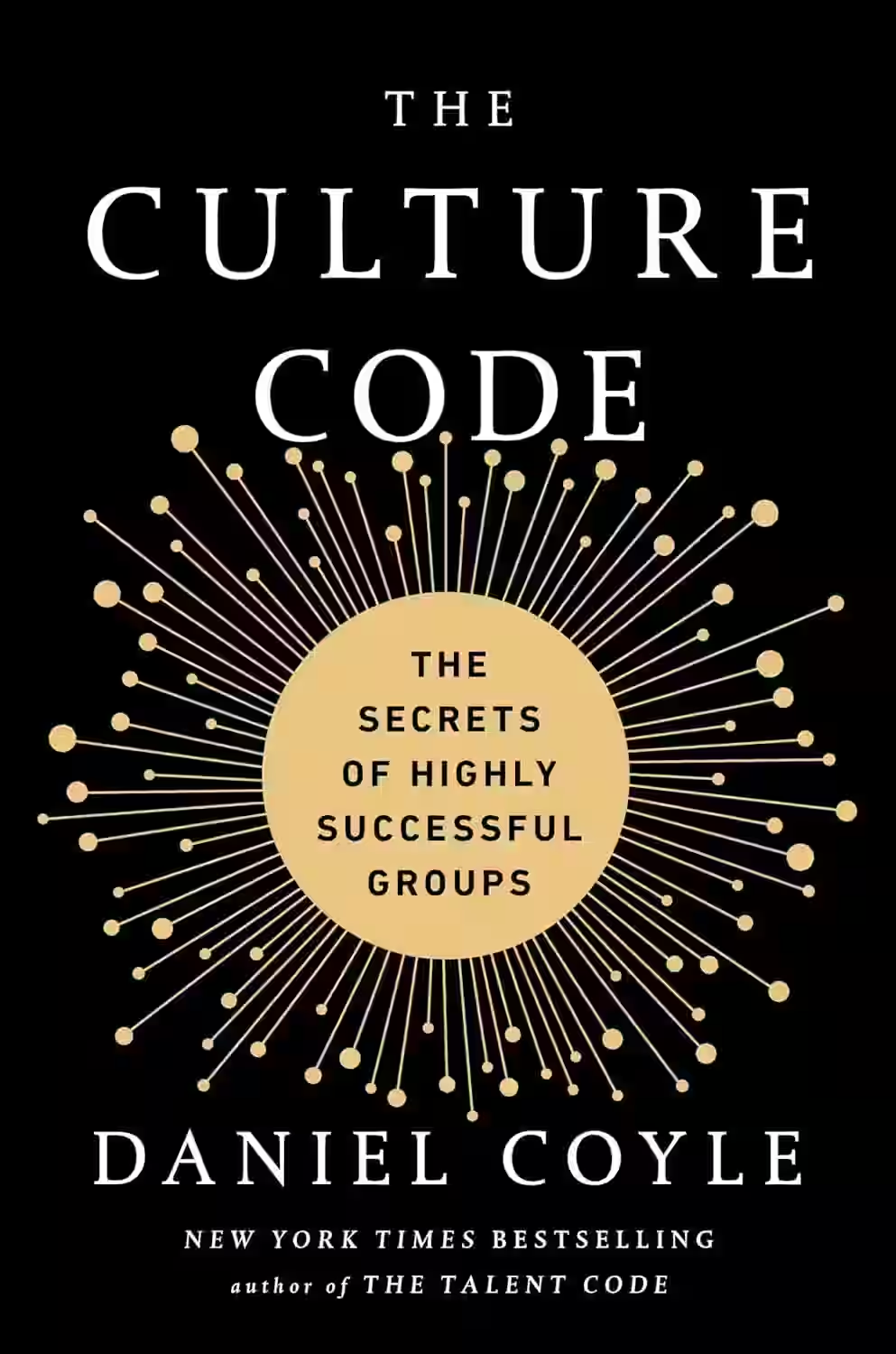
The Culture Code: The Secrets of Highly Successful Groups
by Daniel Coyle
In 'The Culture Code: The Secrets of Highly Successful Groups' by Daniel Coyle, readers embark on a captivating exploration of what makes exceptional teams tick. Through riveting anecdotes and cutting-edge research, Coyle delves into the core principles that underpin the success of groups ranging from elite Navy SEALs to innovative companies like Pixar. The book uncovers the importance of fostering psychological safety, building shared purpose, and cultivating a sense of belonging within a group. Coyle expertly distills these insights into a practical guide for leaders and team members alike to enhance group dynamics and achieve remarkable results. 'The Culture Code' is a must-read for anyone interested in understanding the inner workings of high-performing teams.
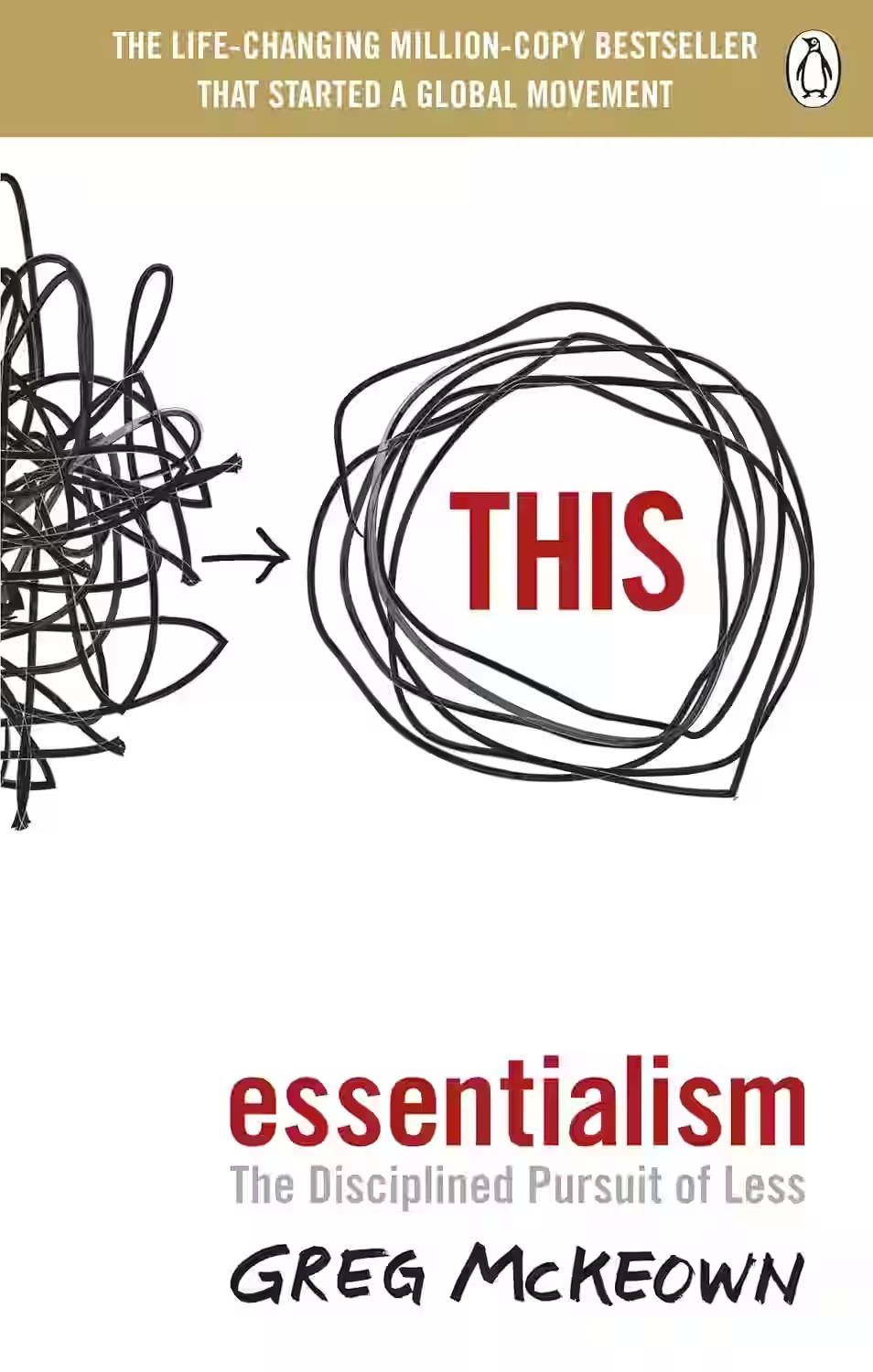
Essentialism: The Disciplined Pursuit of Less
by Greg McKeown
Essentialism is a manifesto for simplicity in an increasingly busy world. Greg McKeown advocates for doing less, but better—focusing only on what is truly important. He challenges the idea that we must do everything and instead teaches readers how to identify their highest priorities, eliminate non-essential tasks, and reclaim control of their time and energy. With practical tips and clear frameworks, the book empowers readers to make deliberate choices, say no more often, and live with intention. Essentialism is about creating space for what really matters—professionally and personally—by embracing the power of focus and clarity.
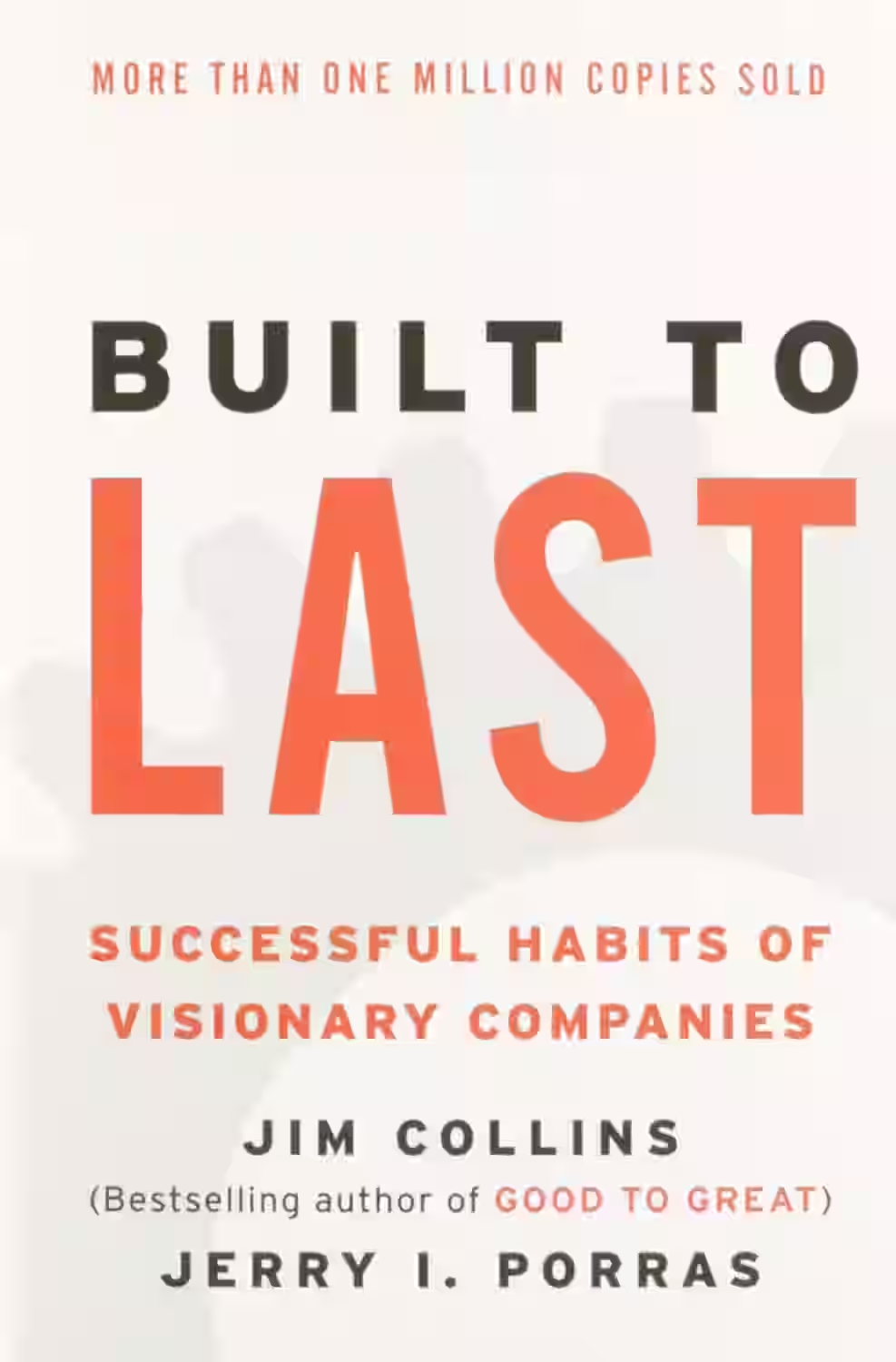
Built to Last
Built to Last explores what makes companies endure over decades, based on a six-year research project studying 18 visionary firms. Collins and Porras identify key traits shared by long-lasting companies, such as core values, bold missions, and a relentless drive for progress. The book challenges the idea that great leadership or market timing is the key to success, instead emphasizing organizational culture and consistency. Concepts like “clock building” versus “time telling” illustrate how lasting companies focus on systems, not individuals. With timeless lessons and real-world examples, Built to Last is a blueprint for sustainable, principle-driven business success.
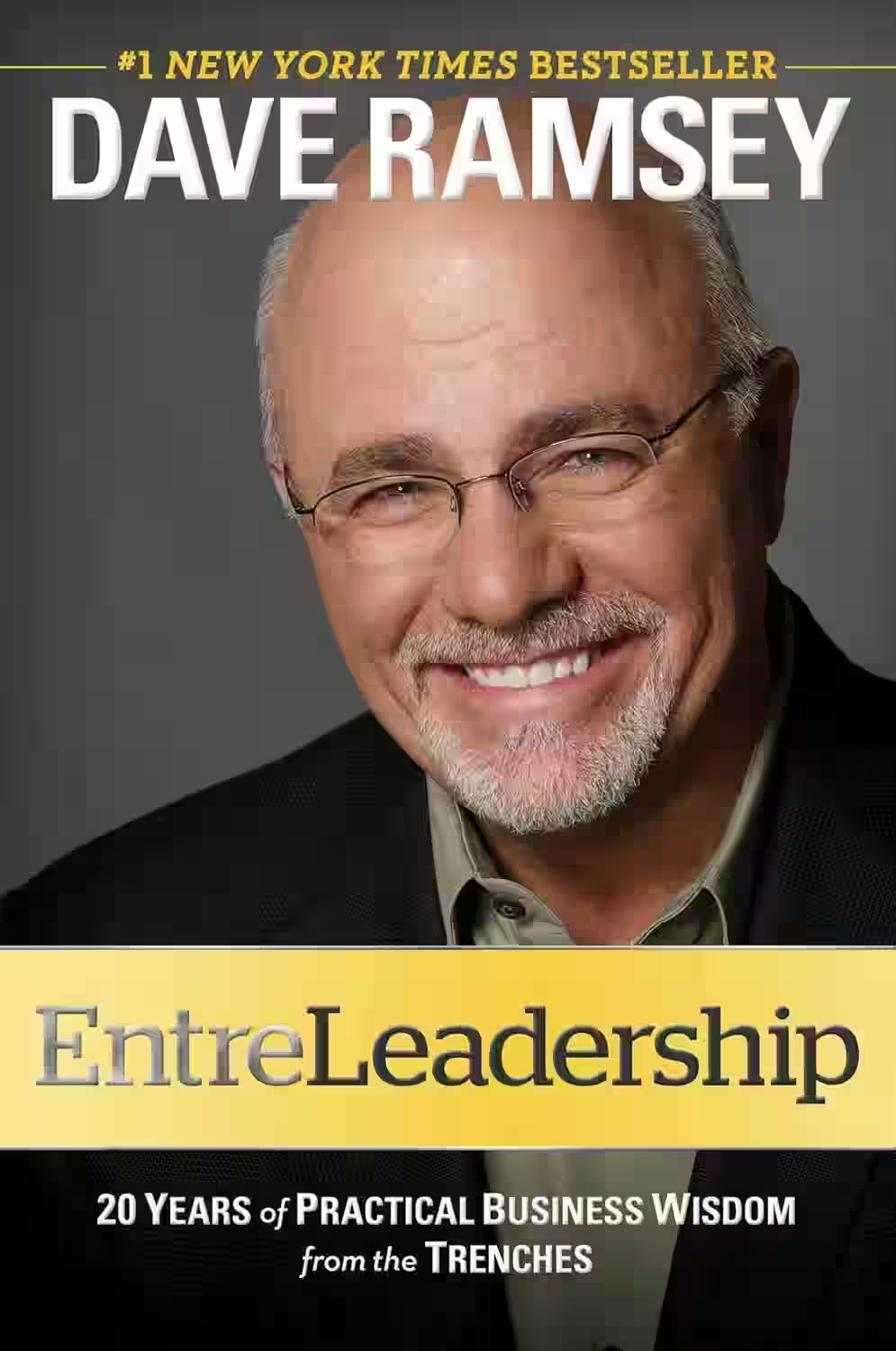
EntreLeadership
by Dave Ramsey
In 'EntreLeadership', Dave Ramsey combines his expertise in finance with valuable leadership insights to provide a comprehensive guide for aspiring entrepreneurs. Ramsey emphasizes the importance of blending entrepreneurship with effective leadership skills to create successful businesses. Through real-life examples and practical advice, he covers crucial topics such as team building, communication, and strategic planning. The book offers a roadmap for individuals looking to not only start their own business but also lead it with integrity and innovation. 'EntreLeadership' is a motivational and instructive read that equips readers with the tools needed to navigate the challenges of entrepreneurship.
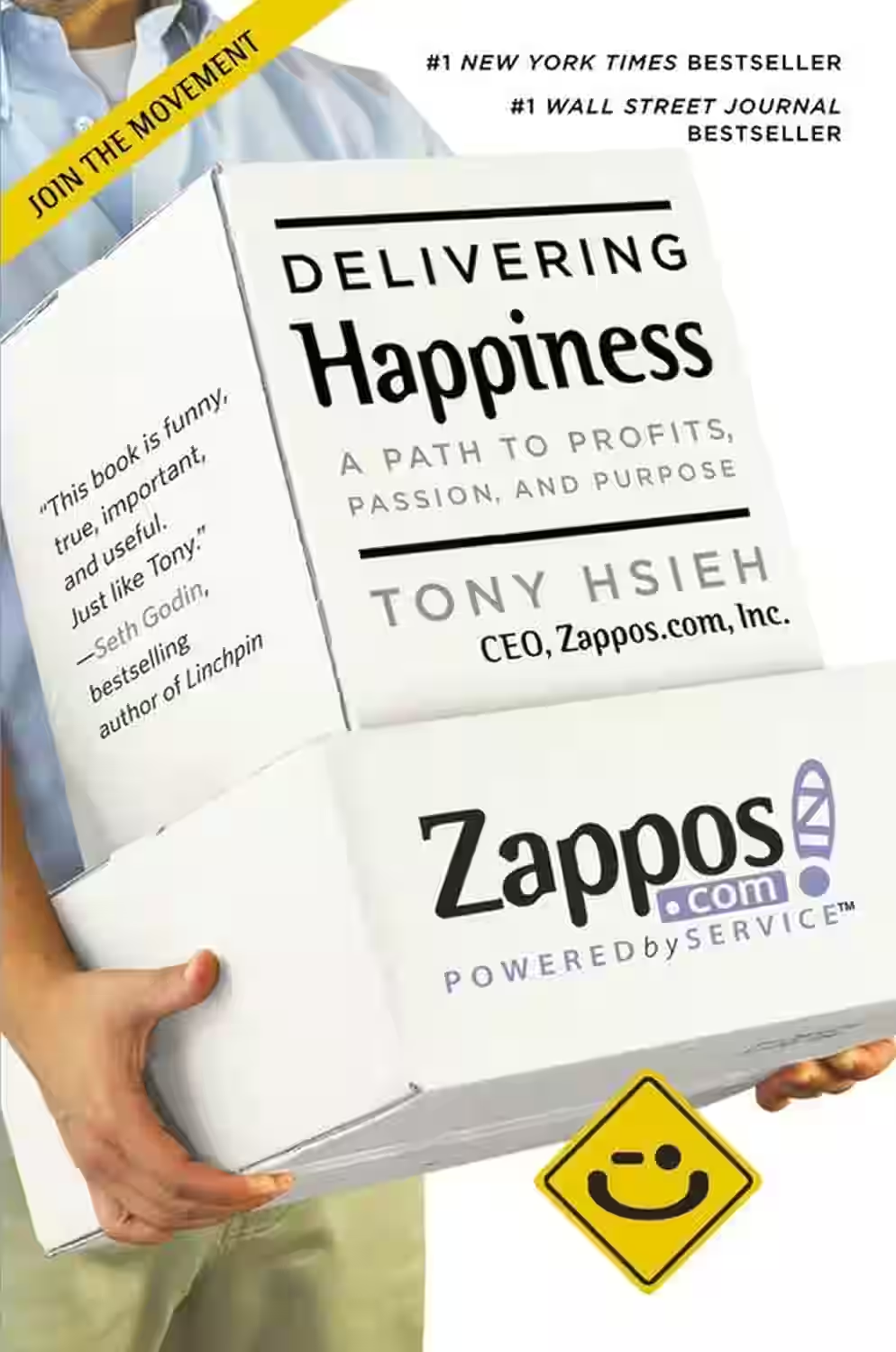
Delivering Happiness: A Path to Profits, Passion, and Purpose
by Tony Hsieh
In 'Delivering Happiness: A Path to Profits, Passion, and Purpose,' Tony Hsieh, the CEO of Zappos, shares his personal journey and the principles that guided his successful business ventures. Hsieh emphasizes the importance of company culture, customer service, and employee happiness in achieving long-term success. Through engaging anecdotes and practical strategies, he illustrates how focusing on delivering happiness to all stakeholders, from customers to employees, can lead to both personal fulfillment and financial prosperity. This book serves as a compelling and insightful guide for entrepreneurs, business leaders, and anyone interested in creating a more fulfilling work environment.
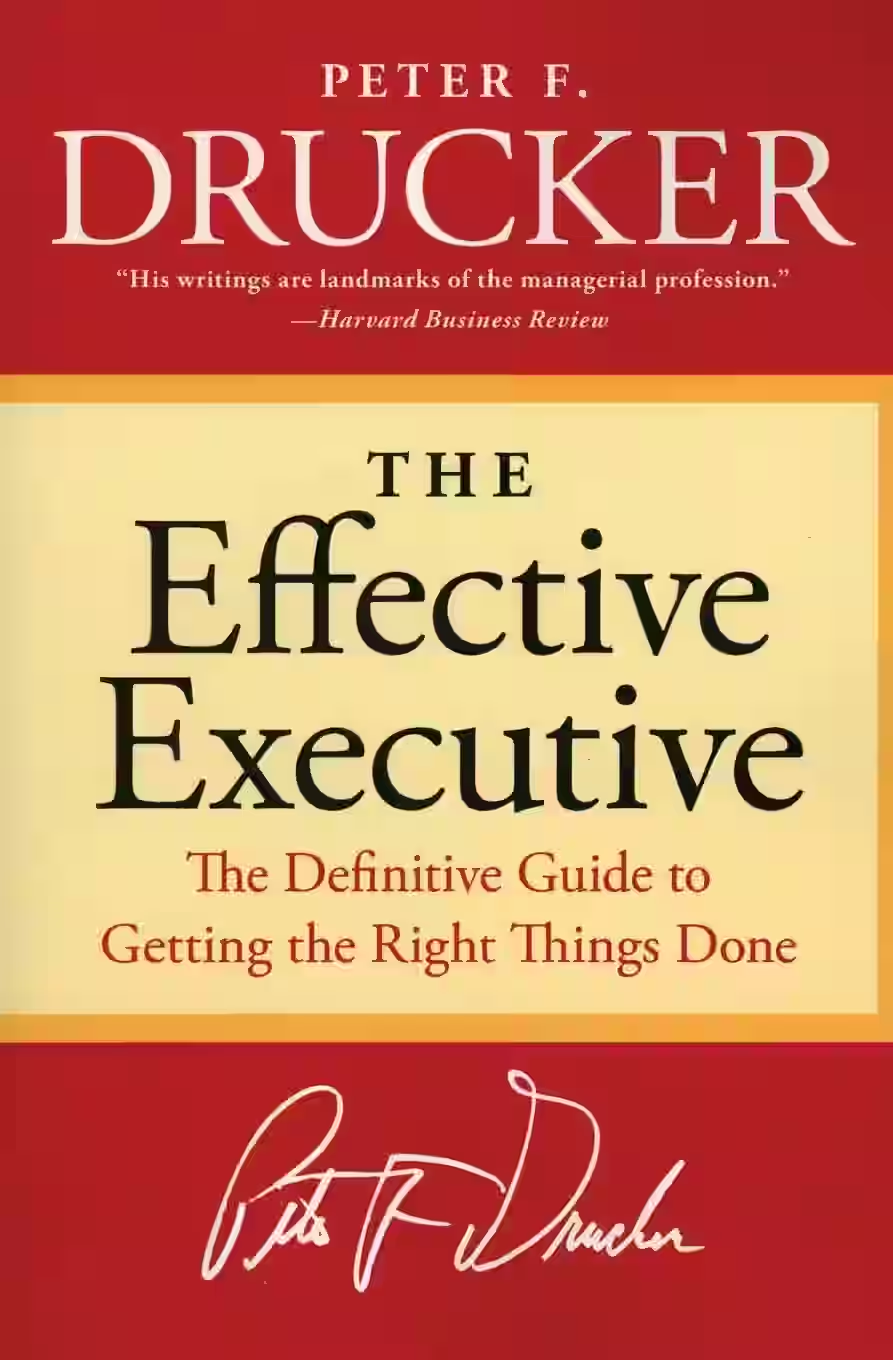
The Effective Executive
In The Effective Executive, Peter Drucker outlines the essential practices that make executives—and knowledge workers—more productive and impactful. Rather than focusing on charisma or innate talent, Drucker emphasizes disciplined time management, clear priorities, effective decision-making, and results-driven action. He argues that effectiveness is a skill that can be cultivated through habits such as knowing where time goes, focusing on contribution, and concentrating on a few key tasks. Written with clarity and timeless wisdom, this concise book remains a cornerstone of leadership and management literature, offering practical insights for professionals aiming to lead with focus, intention, and strategic purpose.
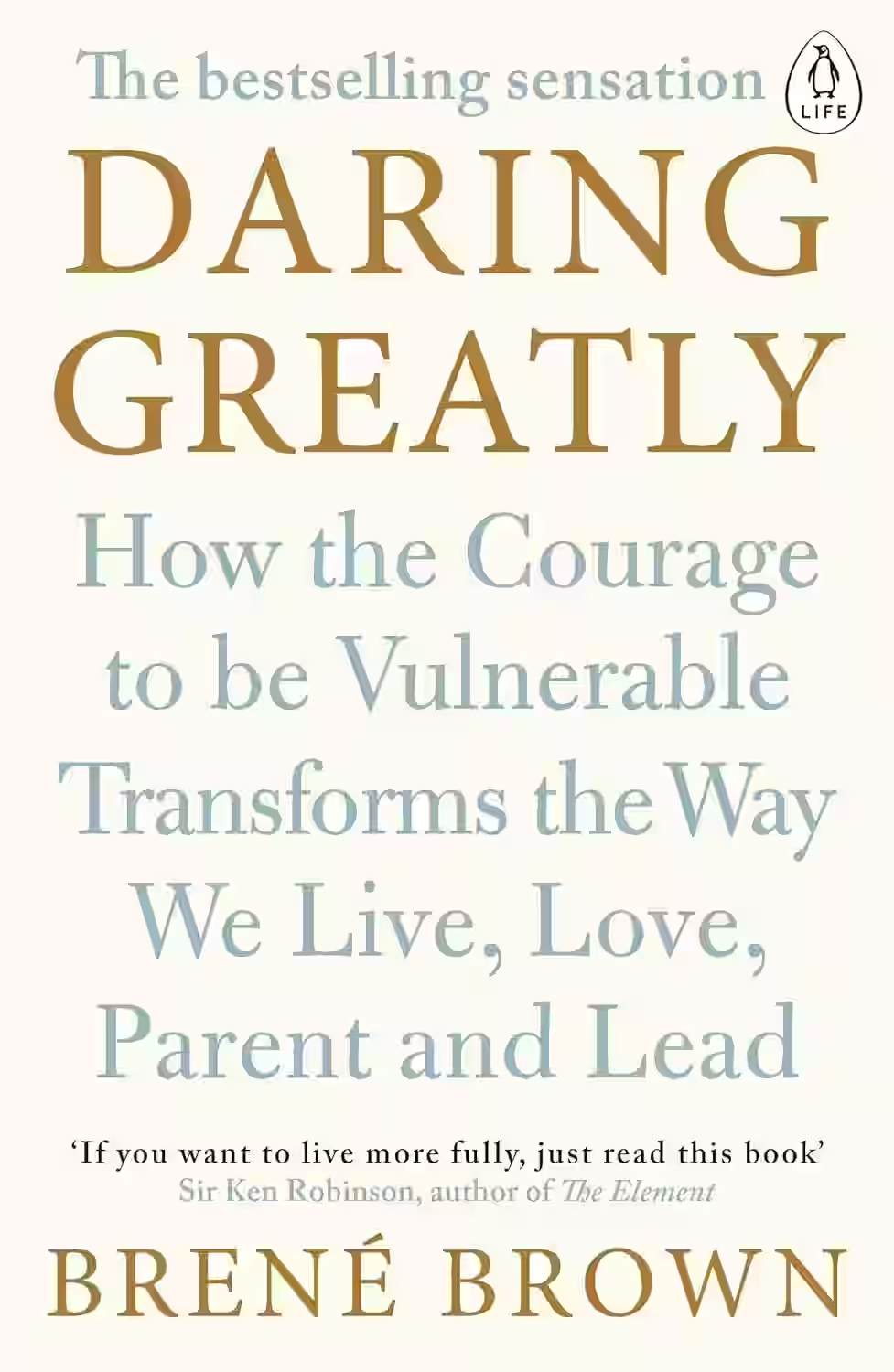
Daring Greatly
by Brene Brown
In Daring Greatly, Brené Brown challenges conventional beliefs about vulnerability, arguing that it is not a weakness but a powerful source of courage, creativity, and connection. Drawing from years of research, she explores how the fear of shame and failure holds us back in relationships, parenting, work, and leadership. Brown encourages readers to embrace vulnerability as the path to a more authentic and wholehearted life. The book is a compelling call to show up fully and engage with the world, even when it feels uncomfortable. It’s a guide to building resilience, trust, and true belonging through emotional honesty.
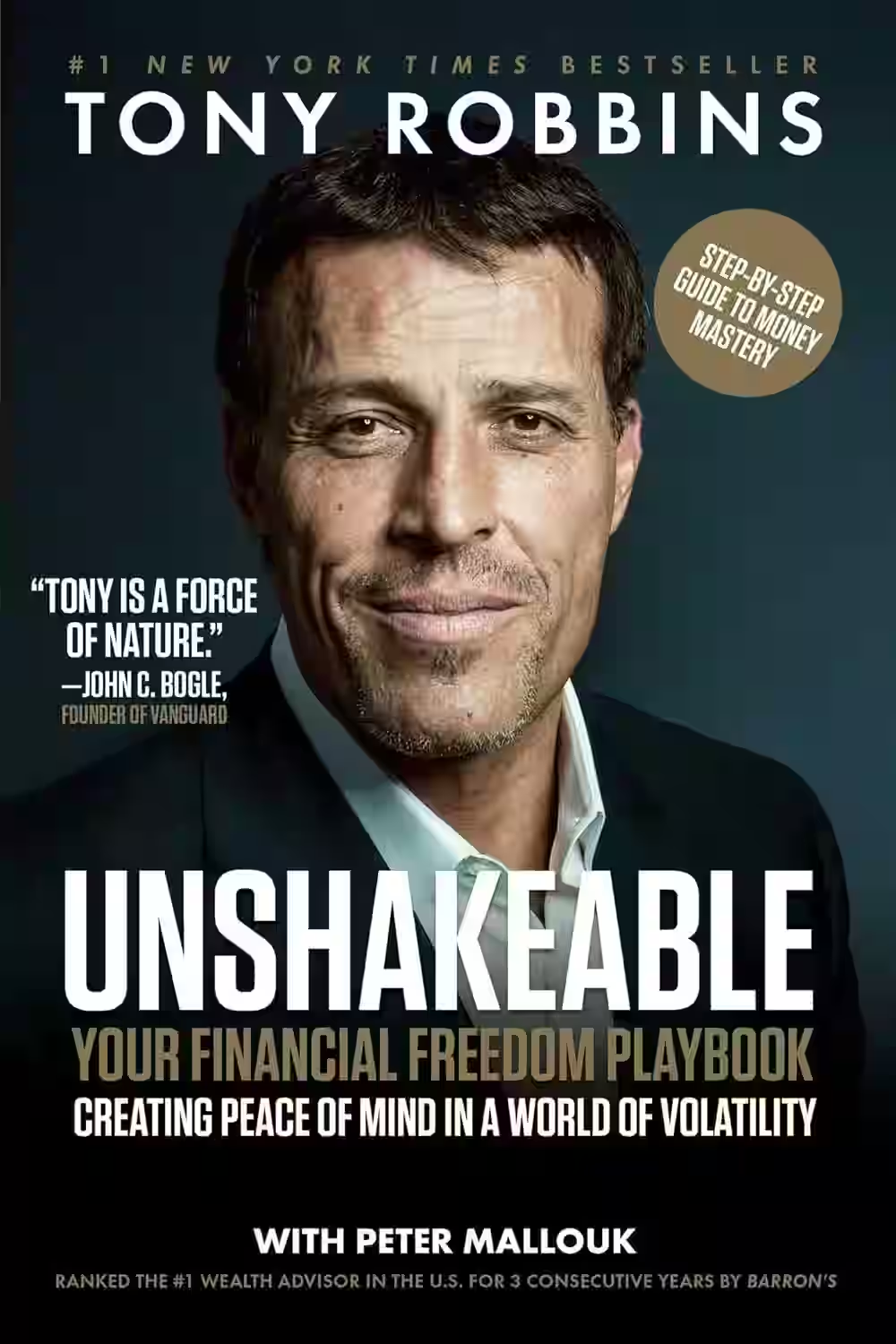
Unshakeable
by Tony Robbins
In "Unshakeable," Tony Robbins, along with financial advisor Peter Mallouk, delves into the world of personal finance and investment. The book is purposefully crafted to arm readers with the knowledge and strategies necessary to cultivate financial stability and confidence. Robbins breaks down complex financial concepts into accessible advice, especially valuable for those new to investing. Emphasizing the importance of staying the course during turbulent market times, it conveys a message of resilience. Robbins also includes practical insights from renowned investors, making it a comprehensive guide to wealth-building. While the book provides a reassuring perspective for anxious investors, it might offer less depth for seasoned financial enthusiasts.
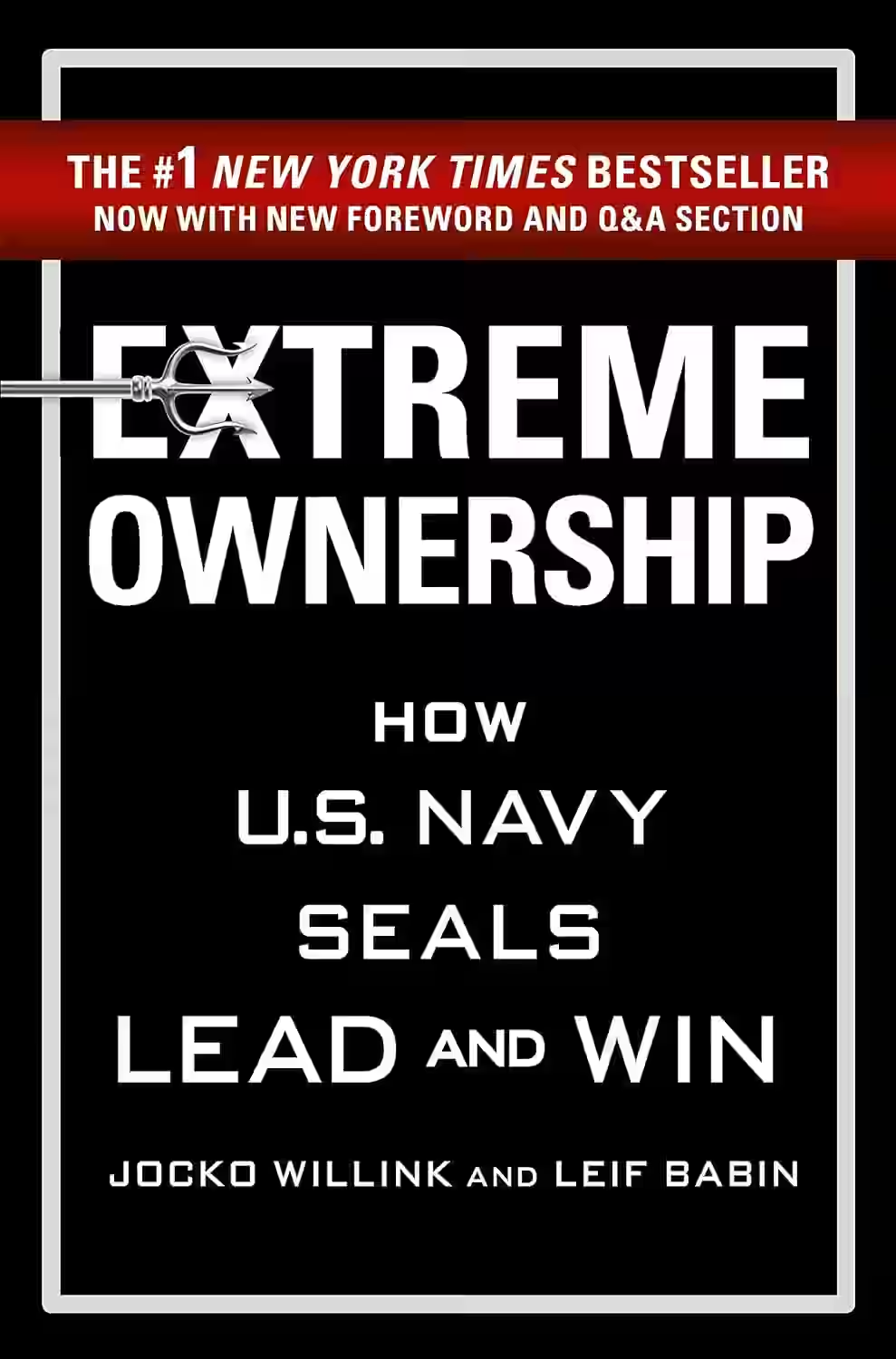
Extreme Ownership: How U.S. Navy SEALs Lead and Win
In 'Extreme Ownership: How U.S. Navy SEALs Lead and Win' by Jocko Willink, readers are taken on a compelling journey into the world of leadership and personal responsibility through the lens of combat experiences. Willink, a former Navy SEAL, and Leif Babin, also a SEAL officer, impart invaluable lessons on effective leadership, emphasizing ownership, accountability, and teamwork. The book provides real-life examples and practical strategies that can be applied not only in military settings but also in business and everyday life. With its engaging narrative and actionable insights, 'Extreme Ownership' motivates readers to take charge of their actions and lead with intention.
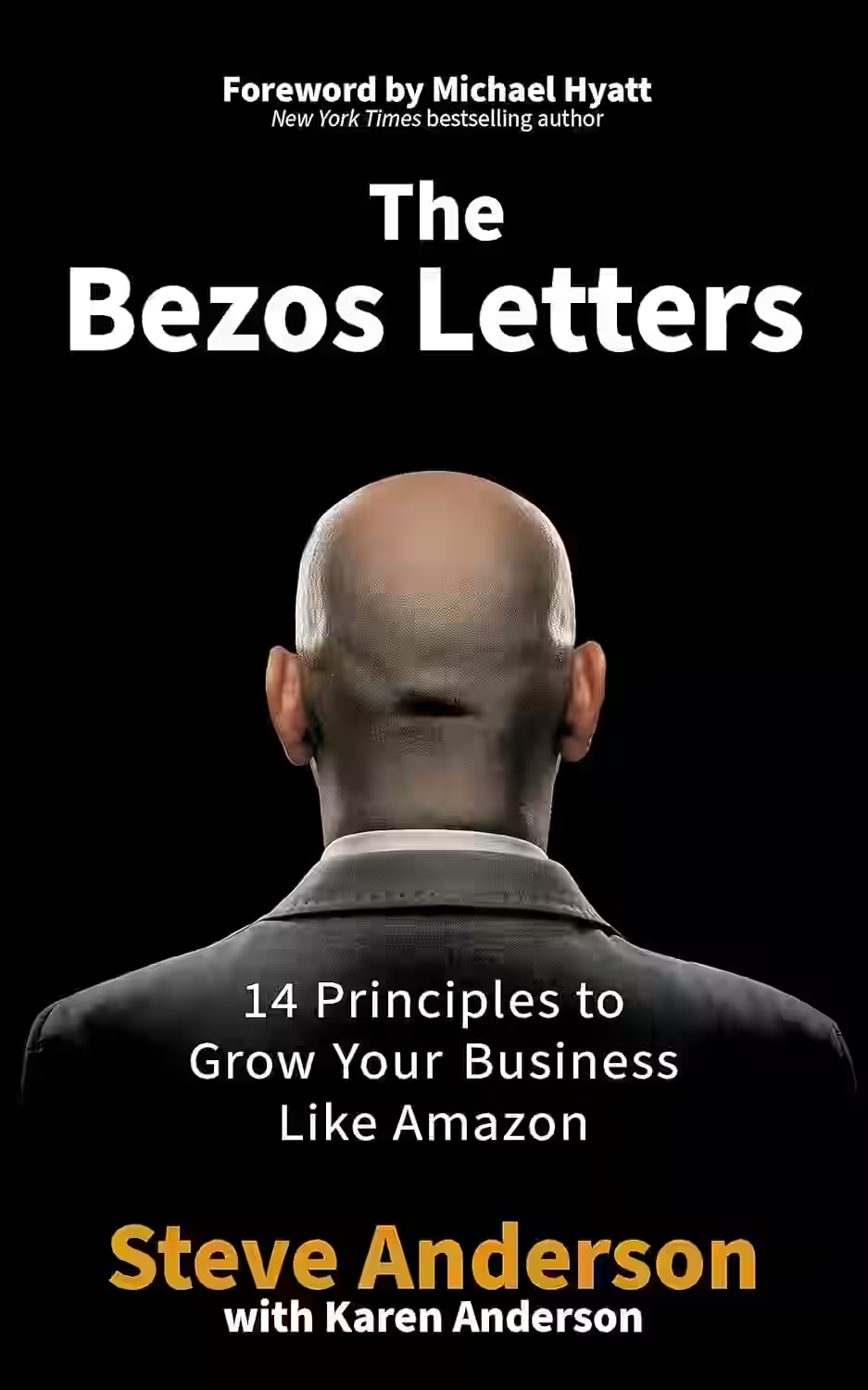
The Bezos Letters: 14 Principles to Grow Your Business Like Amazon
In 'The Bezos Letters: 14 Principles to Grow Your Business Like Amazon' by Steve Anderson, readers delve into the core principles that propelled Amazon to incredible success. The book breaks down Jeff Bezos' annual letters to shareholders over the years, revealing essential business strategies such as customer obsession, embracing failure, and long-term thinking. Anderson expertly distills these principles, providing valuable insights and actionable advice for entrepreneurs and business leaders looking to emulate Amazon's achievements. Through a combination of analysis and real-world examples, this book offers a compelling roadmap for growth and innovation in today's competitive market.
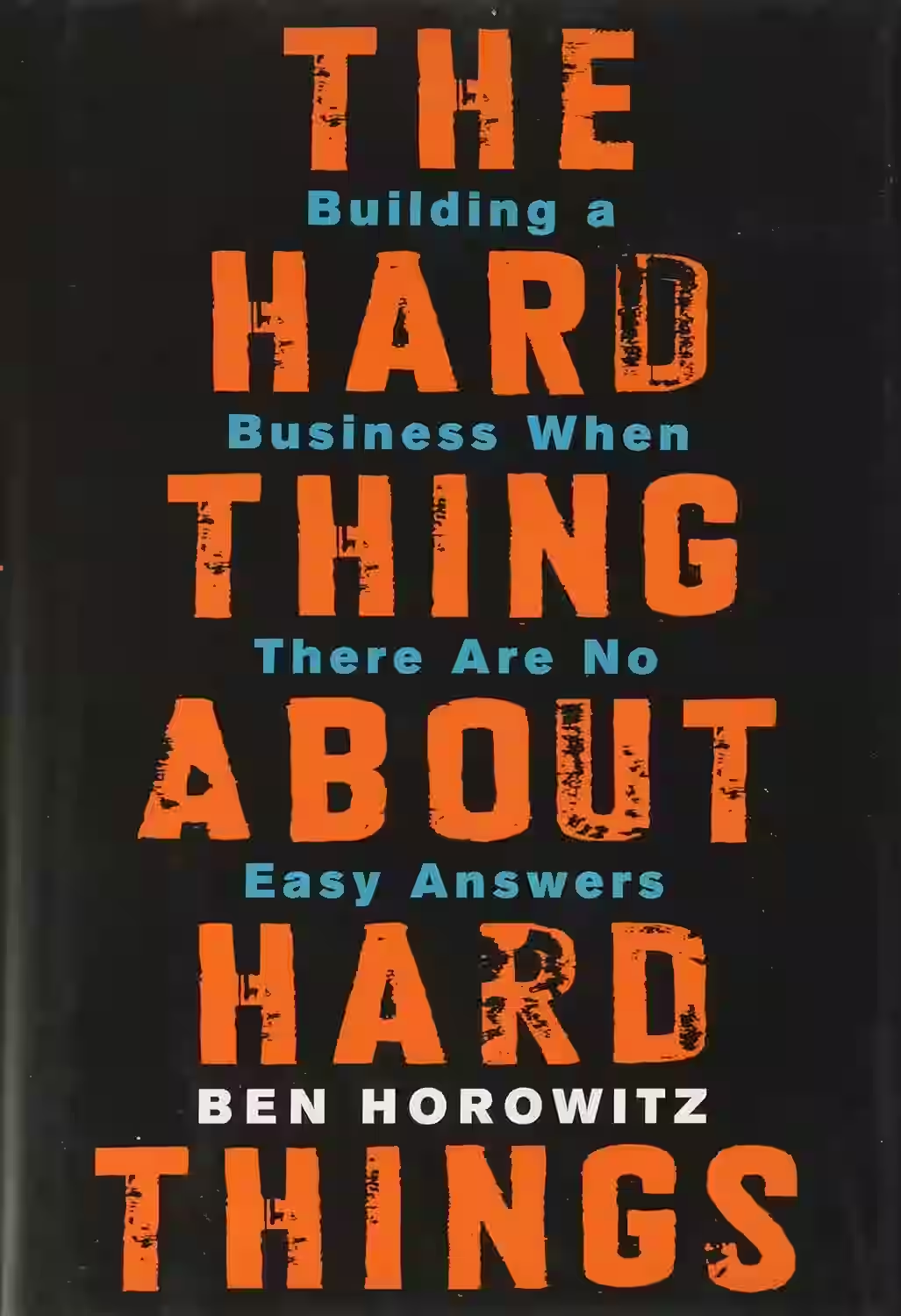
The Hard Thing About Hard Things
by Ben Horowitz
Ben Horowitz delivers a brutally honest, no-nonsense account of what it truly takes to build and run a startup. Drawing from his own experience as co-founder of Andreessen Horowitz and CEO of Opsware, Horowitz outlines the often-overlooked struggles: firing friends, managing morale, surviving downturns, and making impossible decisions. Rather than generic leadership tips, he offers hard-earned wisdom on navigating chaos and building a strong, resilient company. Larry Page praised the book for its candor and realism. It’s an essential read for entrepreneurs, CEOs, and managers who want insight into the harsh realities of leadership and long-term survival.
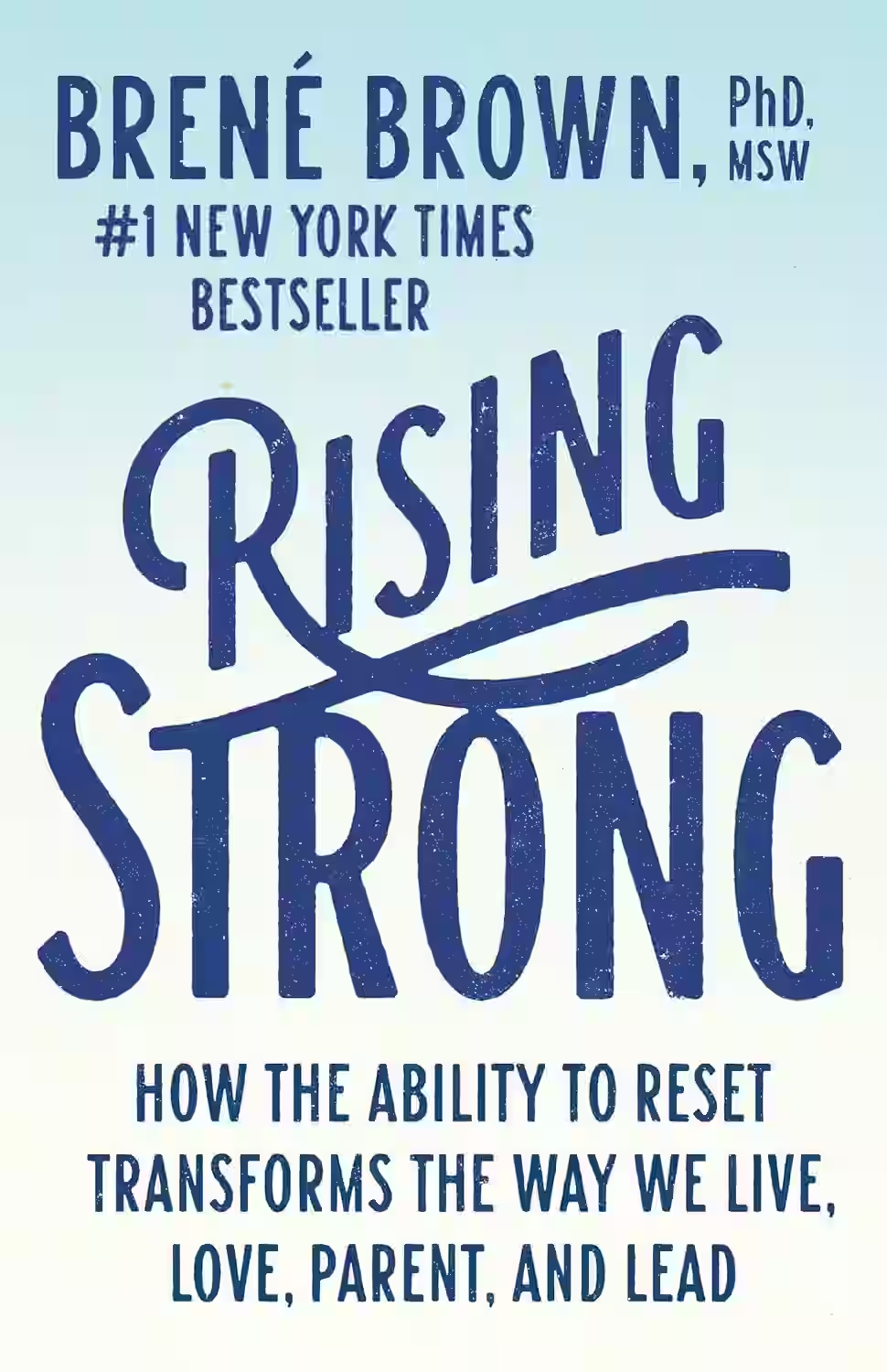
Rising Strong: How the Ability to Reset Transforms the Way We Live, Love, Parent, and Lead
by Brene Brown
In 'Rising Strong', Brene Brown delves into the intricacies of vulnerability and resilience, demonstrating how the ability to rise after a fall profoundly impacts our lives. Through personal anecdotes, research, and actionable strategies, Brown explores the process of getting back up, owning our stories, and rewriting our narratives. She emphasizes the importance of embracing discomfort, reckoning with emotions, and rumbling with our struggles to cultivate a wholehearted life. This empowering book offers insight into how we can transform setbacks into opportunities for growth and connection, fostering courage and empathy in ourselves and others.

Onward: How Starbucks Fought for Its Life without Losing Its Soul
by Howard Schultz, Joanne Gordon
In 'Onward: How Starbucks Fought for Its Life without Losing Its Soul,' Howard Schultz, the former CEO of Starbucks, shares an insightful account of how the iconic coffee company navigated through challenges without compromising its values. Schultz delves into the strategies implemented during a tumultuous period, emphasizing the balance between profit and conscience. Through this narrative, readers witness the resilience and innovation that propelled Starbucks forward. The book captures the essence of leadership, corporate responsibility, and brand identity. Schultz's story offers valuable lessons on reinvention and sustainability in the corporate world, making 'Onward' a compelling read for business enthusiasts and aspiring entrepreneurs.
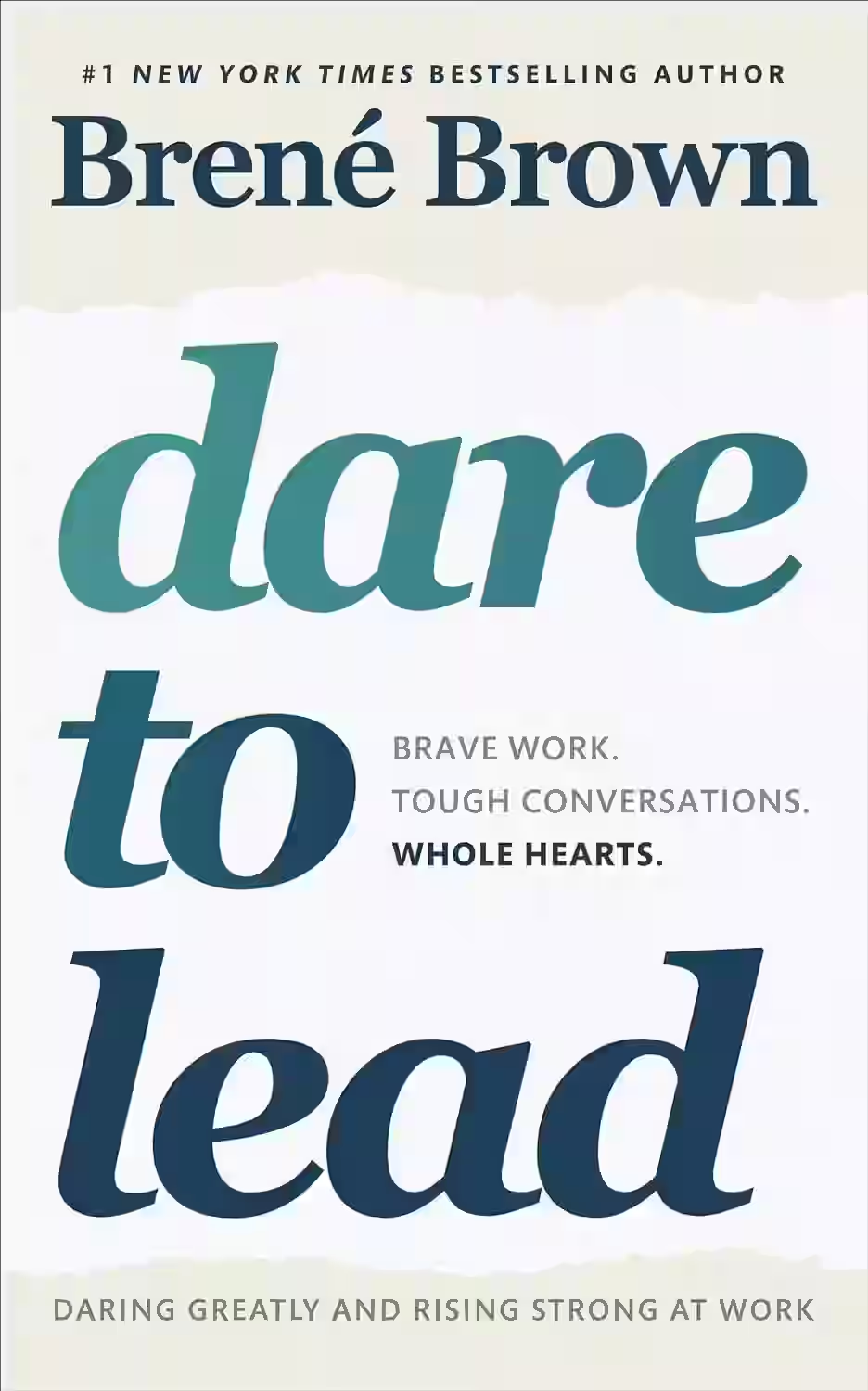
Dare To Lead
by Brene Brown
In Dare to Lead, Brené Brown draws on two decades of research to explore what it means to lead with courage in the workplace. She argues that vulnerability is not a weakness but a strength essential for innovation, trust, and resilience. Brown outlines practical strategies for building brave cultures, giving and receiving feedback, and leading with empathy and integrity. With a focus on emotional intelligence and authenticity, the book is a guide for anyone seeking to cultivate leadership rooted in values and human connection.
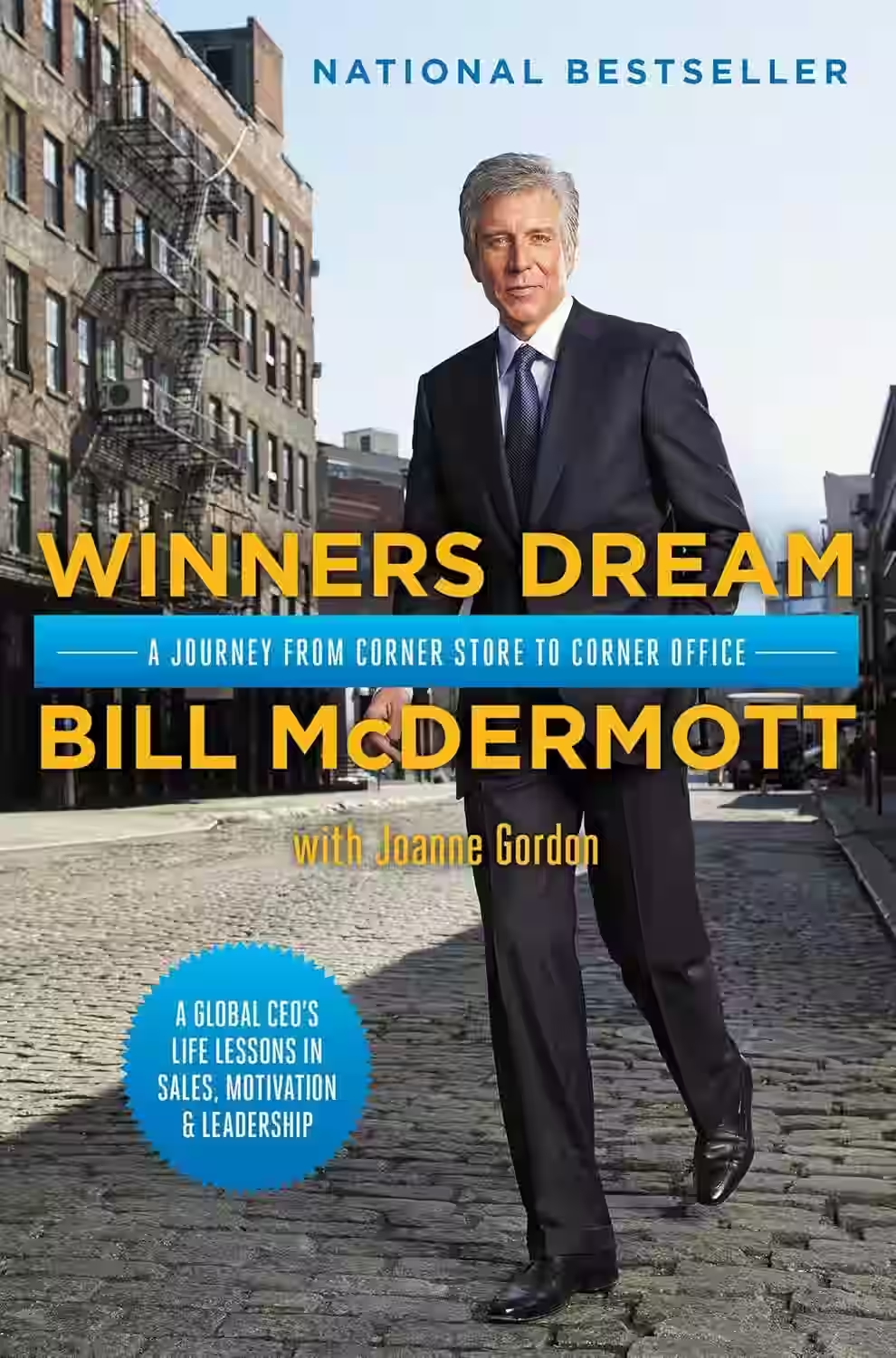
Winners Dream: A Journey from Corner Store to Corner Office
In 'Winners Dream: A Journey from Corner Store to Corner Office' by Bill McDermott, readers are taken on an inspiring journey through the personal and professional life of the author. McDermott, the CEO of ServiceNow and former CEO of SAP, shares his story of starting from humble beginnings to reaching the pinnacle of corporate success. The book delves into themes of leadership, perseverance, and the power of determination. McDermott's insightful narrative provides valuable lessons for aspiring entrepreneurs and business leaders, offering a roadmap for achieving one's dreams despite facing obstacles. With its motivational tone and practical wisdom, 'Winners Dream' is a compelling read for anyone seeking to excel in their career.